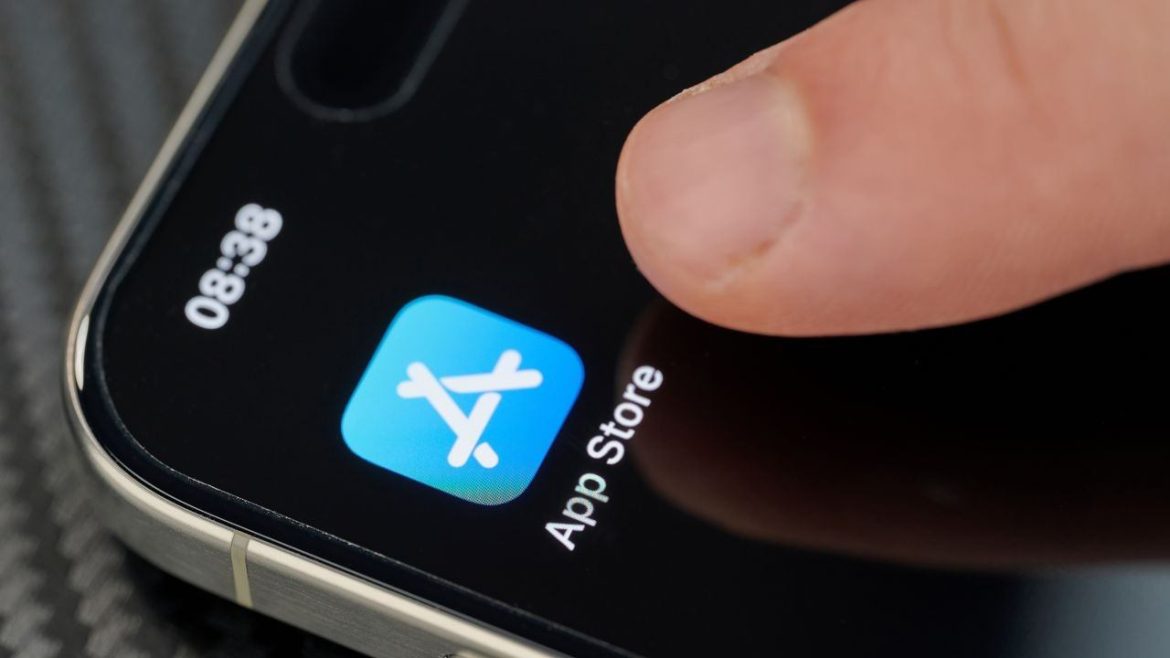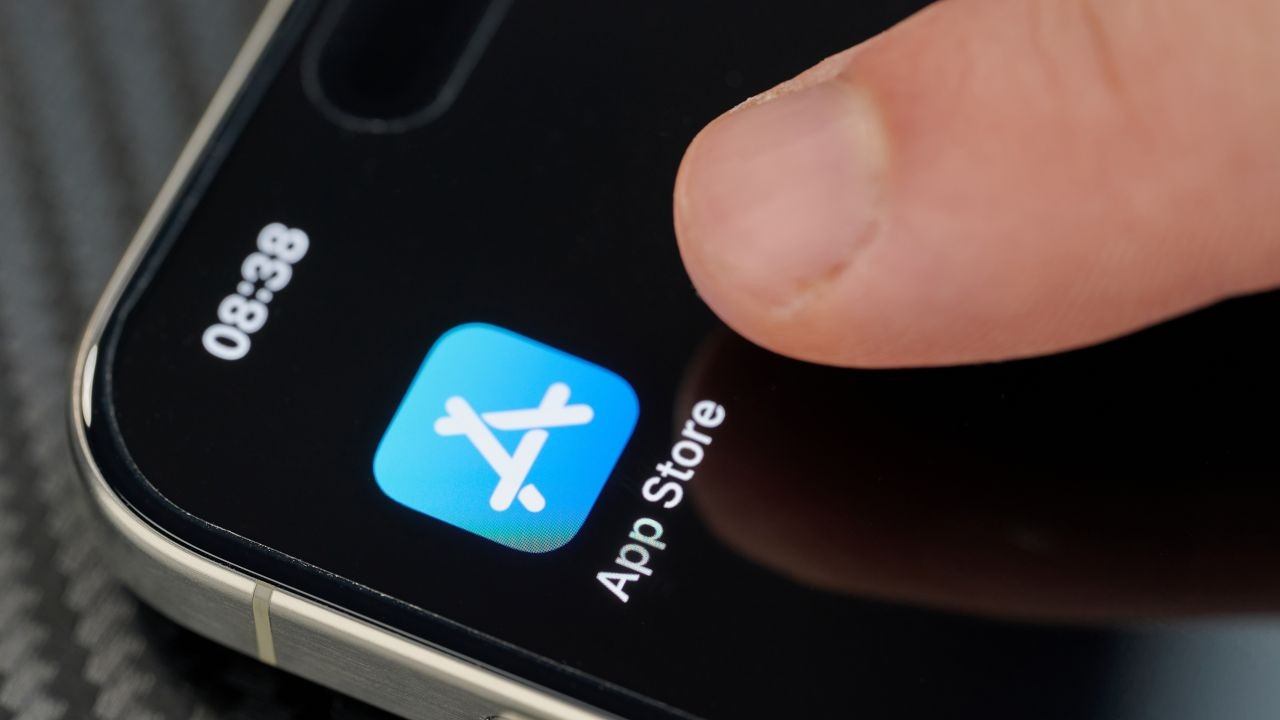Decentralized Messaging: Jack Dorsey’s Bitchat and the Future of Communication
The Rise of Decentralized Communication
In an era dominated by centralized tech giants, the concept of decentralized communication has gained significant traction. Jack Dorsey, the visionary behind Twitter and the current leader of Block, has taken a bold step in this direction with the launch of Bitchat. This innovative messaging app leverages Bluetooth mesh networks to enable offline communication, offering a unique alternative to traditional messaging platforms. Bitchat’s entry into the market has sparked a lively debate about the future of communication, privacy, and digital autonomy.
The Power of Decentralization
Bitchat’s core strength lies in its decentralized architecture. Unlike conventional messaging apps that rely on centralized servers, Bitchat operates on a peer-to-peer network. Each device acts as both a sender and a receiver, relaying messages to nearby devices until they reach their destination. This approach offers several compelling advantages:
Offline Functionality
One of Bitchat’s standout features is its ability to function without an internet connection or cellular service. This capability is particularly valuable in scenarios where connectivity is limited or unreliable, such as remote locations, crowded events, or during emergencies. By enabling communication in the absence of traditional infrastructure, Bitchat empowers users to stay connected when it matters most.
Enhanced Privacy
Privacy is a growing concern in the digital age, and Bitchat addresses this issue head-on. By eliminating the need for centralized servers, Bitchat minimizes the risk of mass surveillance and data breaches. Messages are end-to-end encrypted, ensuring that only the sender and receiver can access their contents. Additionally, the app does not require users to provide personal information like phone numbers or email addresses, further enhancing user privacy.
Resilience and Censorship Resistance
Decentralized networks are inherently more resilient than their centralized counterparts. If one device in the network goes offline, messages can still be routed through other devices, ensuring uninterrupted communication. Moreover, the absence of a central authority makes Bitchat resistant to censorship, making it a valuable tool for activists, journalists, and anyone else who needs to communicate freely and securely.
The Technical Backbone: Bluetooth Mesh Networks
Bitchat’s functionality is underpinned by Bluetooth Low Energy (BLE) mesh networks. In a BLE mesh network, devices communicate with each other over short distances, typically up to a few hundred feet. Messages are relayed from one device to another in a “hop-by-hop” manner, allowing them to travel over longer distances than would be possible with a direct Bluetooth connection.
Store and Forward Model
Bitchat employs a store and forward model to ensure message delivery. If the recipient is not immediately within Bluetooth range, the message is stored on an intermediate device and forwarded when the recipient comes within range. This approach guarantees that messages are delivered eventually, even if the recipient is not online or nearby at the time of sending.
Expanding Horizons
While Bitchat currently relies on Bluetooth technology, its architecture allows for potential expansion using other wireless technologies, such as Ultra-Wideband (UWB) or Wi-Fi Direct. This flexibility could enhance the app’s range and performance, making it even more versatile and adaptable to different use cases.
Privacy and Security: A Balancing Act
Privacy is a cornerstone of Bitchat’s design. The app employs end-to-end encryption to protect messages from eavesdropping, ensuring that only the sender and recipient can read them. Additionally, the decentralized architecture minimizes the amount of data collected and stored, as there are no central servers to house user information.
Potential Privacy Concerns
However, it’s important to note that Bitchat is not completely anonymous. While the app does not require personal information, users’ devices are still identifiable by their Bluetooth MAC addresses. This could potentially allow for deanonymization through tracking device movements over time. Users should be aware of these potential privacy implications and take steps to protect their identity.
User Experience and Challenges
For Bitchat to gain widespread adoption, it must offer a seamless and intuitive user experience. However, several challenges need to be addressed:
Range Limitations
Bluetooth’s relatively short range could limit Bitchat’s usefulness in certain situations. Users need to be within a specific distance of each other for messages to be relayed effectively. Overcoming this limitation will be crucial for expanding the app’s utility.
Battery Consumption
Constantly scanning for and relaying messages can drain device batteries. Optimizing the app for power efficiency will be essential to ensure a positive user experience.
Scalability
As the number of users increases, the Bluetooth mesh network could become congested. Addressing scalability issues will be vital for maintaining the app’s responsiveness and reliability.
Security Vulnerabilities
Like any software application, Bitchat is vulnerable to security exploits. Ongoing security audits and updates will be necessary to protect users from potential threats.
Adoption Rate
A decentralized messaging app is only useful if a critical mass of people use it. Convincing users to switch from established messaging platforms to a new, unproven app could be challenging. Building a strong user base will be key to Bitchat’s success.
Potential Use Cases and Implications
Despite these challenges, Bitchat has the potential to revolutionize communication in various contexts. Some potential use cases include:
Emergency Communication
Bitchat could be invaluable for emergency responders and individuals during natural disasters or other crises when traditional communication networks are down. Its ability to function offline makes it a reliable tool in critical situations.
Offline Events
The app could be used at concerts, festivals, and other events where internet connectivity is limited or unreliable. This would enable attendees to stay connected and share experiences seamlessly.
Remote Locations
Bitchat could facilitate communication in remote areas where there is no cellular service or internet access. This would be particularly beneficial for travelers, researchers, and individuals living in underserved regions.
Secure Communication
The app’s end-to-end encryption and decentralized architecture make it an ideal tool for activists, journalists, and others who need to communicate securely and privately. Bitchat could help protect sensitive information and ensure freedom of expression.
Decentralized Communities
Bitchat could foster communication within decentralized communities and organizations, promoting collaboration and autonomy. This could be particularly relevant for groups that prioritize privacy and digital independence.
The Future of Communication
Jack Dorsey’s Bitchat represents a bold vision for the future of communication. By leveraging decentralized technologies and prioritizing privacy, Bitchat offers a unique alternative to mainstream messaging platforms. While the app faces several challenges, its potential benefits are significant. If Bitchat can overcome these hurdles and gain widespread adoption, it could usher in a new era of decentralized, secure, and resilient communication.
Whether Bitchat becomes a niche tool for specific use cases or a mainstream alternative to traditional messaging apps, its launch marks a significant development in the evolution of communication technology. As the digital landscape continues to evolve, the demand for privacy-centric and decentralized solutions is likely to grow. Bitchat’s innovative approach has stirred up considerable buzz and debate about what lies ahead for how we connect, and its impact on the future of communication remains to be seen.





